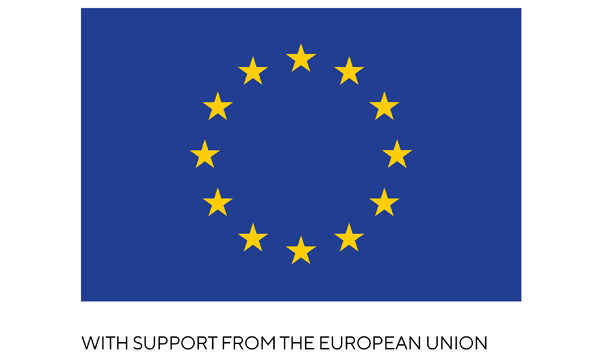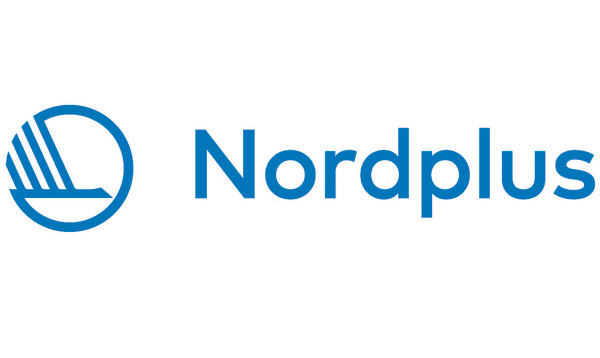Global IRTS Project Meeting: A Groundbreaking Collaboration for Refugee Integration Through Sport
03/12/2024Ewa Kaczmarek, ISCA


Collaboration and Synergies
The meeting in Ljubljana began by asking partner organisations to share their expectations for the day. A recurring theme was the importance of major stakeholders getting to know each other and building connections. Each partner brings unique expertise from their field, but the biggest impact occurs when these strengths come together. This collaboration drives innovation and creates synergies, giving the project the potential to achieve a significantly greater impact.
Global IRTS was one of the eight projects presented at the Moving People—Moving Europe Conference, held by ISCA on 13 November 2024.

Evidence-based Approach
Grounded in research, the Global IRTS programme uses an evidence-based approach to drive more informed actions, achieve better outcomes, and maximise its impact on refugee integration.
Research on integrating refugees through sport (IRTS) has evolved from viewing sport solely as a tool for assimilation to recognising its broader benefits, including mental health, social inclusion, and skill development. However, the Global IRTS Scientific Report, published in October 2024, highlights the need for a more nuanced approach that takes into account factors such as gender, age, and disability, as well as long-term funding and improved programme evaluation. The methodology and findings of this study were presented by Dr Zachary Whyte and Elena Horton from the Centre for Advanced Migration Studies in Denmark.
Laura van Zantvoort and Sally-Ann Jennifer Fischer from the German Sport University provided an overview of another report, still in preparation and scheduled for publication in December 2024, which focuses on the financial and social value of IRTS programmes. This study explores the concept of Social Return on Investment (SROI) in the IRTS context—a largely uncharted area, as revealed by the research.
The presentations were followed by a discussion on how to leverage the research for advocacy, consensus-building, and practical applications in the field. These research findings, coupled with learnings from pilot programmes to be conducted in Poland, Ukraine, Denmark, Colombia, and the USA, will serve as the foundation for future strategies and will be showcased at the MOVE Congress in October 2025.

Consensus Building for Greater Impact
The Ljubljana meeting emphasised the importance of aligning stakeholders around shared goals and values and shed light on an important issue related to adapting the consensus statement to the local context of partner organisations. As stated by ISCA President Mogens Kirkeby: “Consensus-building among the major operational stakeholders will underline our commitment to deliver the Human Right to MOVE for the individual refugee and forcibly displaced persons, and to provide Social Return on Investments for societies of inclusion through sports initiatives.”
As the Global IRTS project moves forward, it represents not just a step but a leap towards addressing one of the most pressing challenges of our time. By bringing together diverse expertise, encouraging innovation, and grounding its efforts in research, the project sets a new benchmark for collaboration in the field of refugee integration through sport.
Funded by the European Union. Views and opinions expressed are however those of the author(s) only and do not necessarily reflect those of the European Union or the European Education and Culture Executive Agency (EACEA). Neither the European Union nor EACEA can be held responsible for them.








Connect
Subscribe to our newsletter for regular updates on our events, activities and opportunities in our network
You can unsubscribe at any time.




